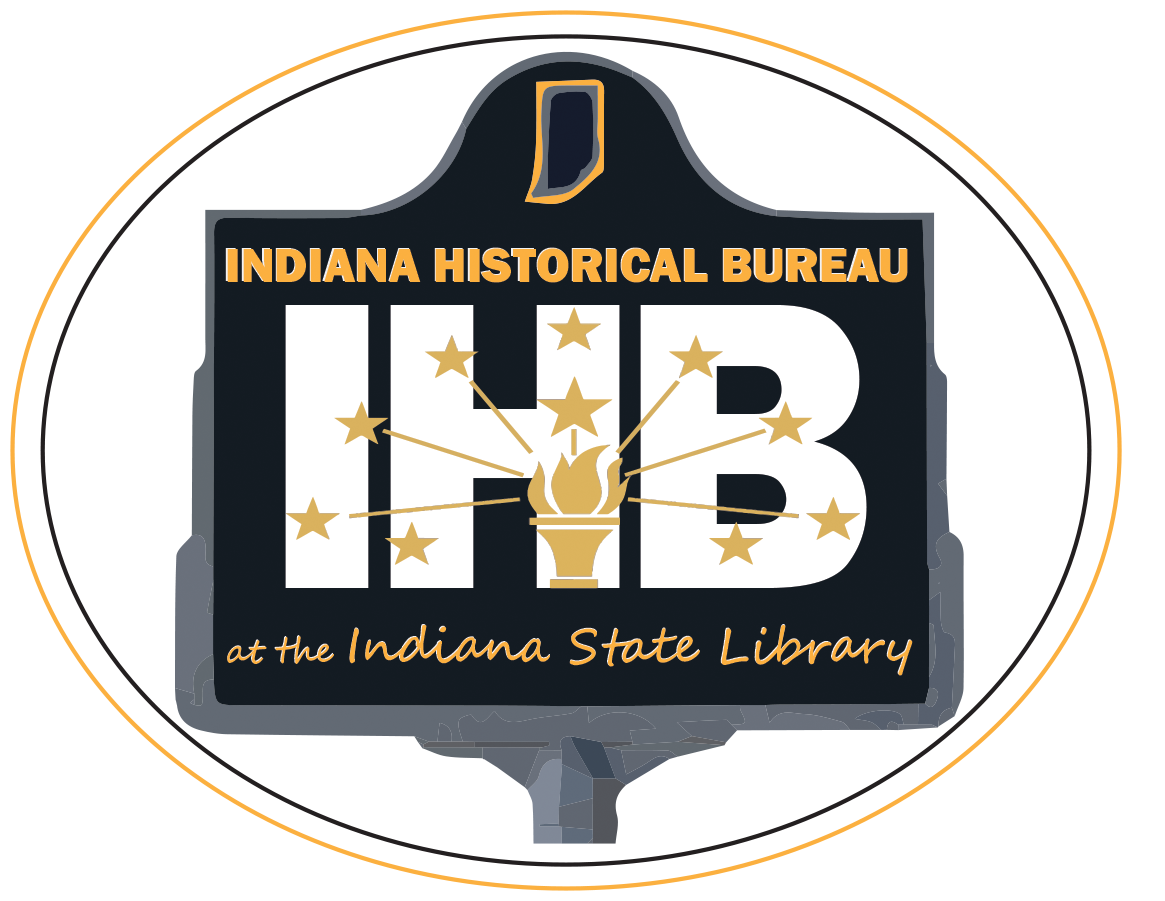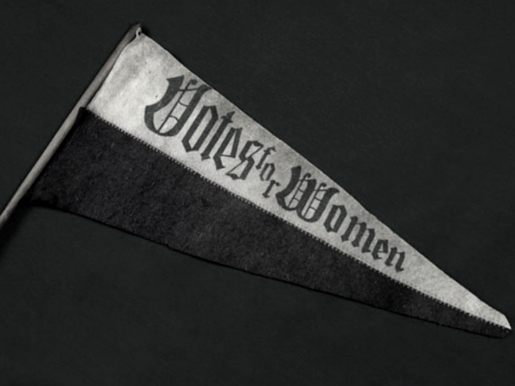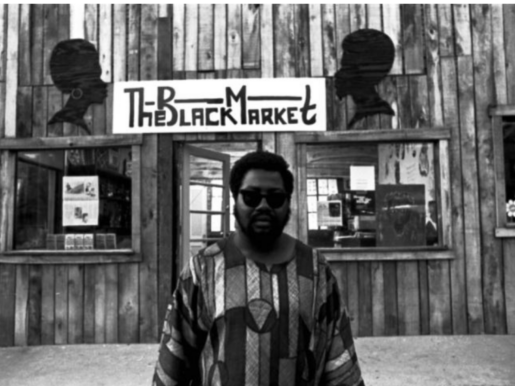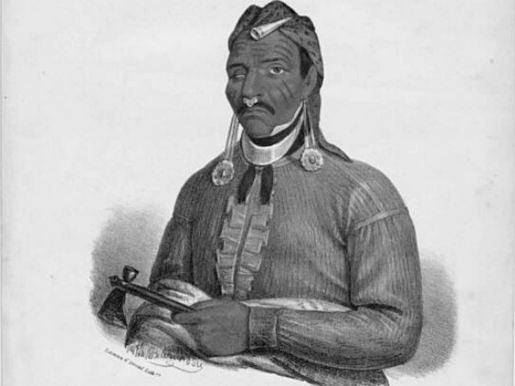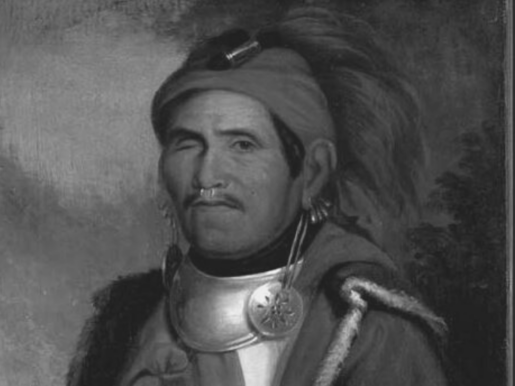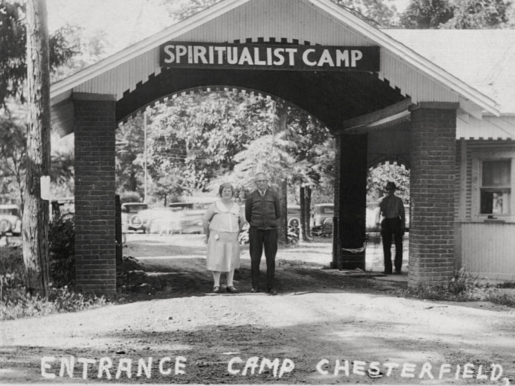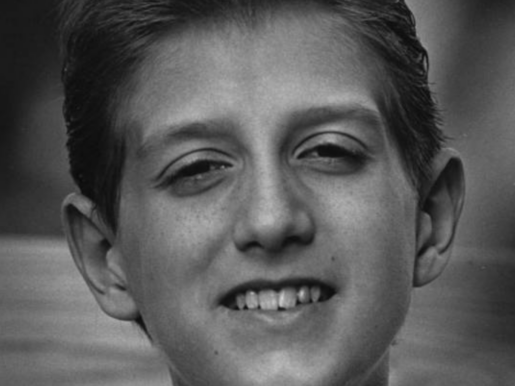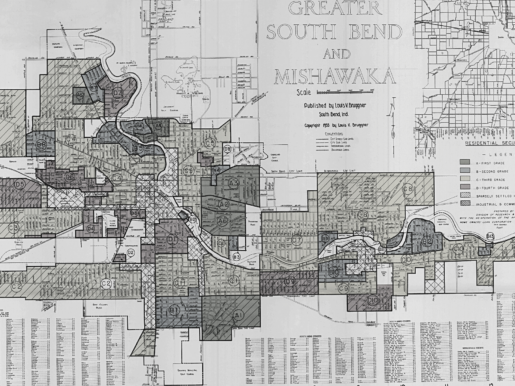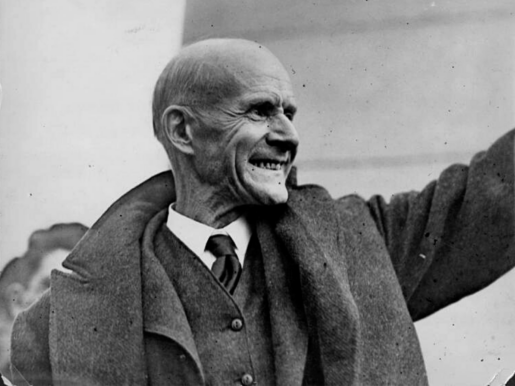Indiana Women’s Suffrage: The New Day Comes Slowly
In this episode, we meet the diverse suffragists who led Hoosier women’s fight for the vote during the re-invigoration of the movement starting around 1911. We follow them as they organize, educate, lobby, protest, and march in the streets.
The Black Market Firebombing
On December 26, 1968, the quiet was ripped away from Bloomington, Indiana when a Molotov Cocktail was thrown through the window of a small shop on the corner of Kirkwood Avenue and Dunn Street. But this was no random act of violence – it was a targeted attack. On this episode, we discuss the revolutionary spirit of 1968 on Indiana University’s campus, the racist backlash, and the repercussions that continue to echo from that backlash.
History Relevance 101
Last fall, IHB partnered with Conner Prairie and the National Council on Public History to host a workshop covering the History Relevance Campaign. On this episode, we bring the valuable discussions from that day to you, our listeners. We ask you the question: What do you expect from your historical institutions? What should you expect?
Tenskwatawa: The Rise and Fall of a Nation
In this second part of a two-part series, we follow Tenskwatawa, also known as “The Prophet,” as he gains power, eventually becoming the leader of the largest population center in the present-day midwest. We then examine the many factors contributing to his downfall.
Tenskwatawa: The Making of a Prophet
Shawnee political and religious leader Tenskwatawa, or The Prophet, rose from relative obscurity to become one of the most powerful figures of his time. In this episode, we explore how a series of visions guided The Prophet to attempt to change the course of history.
Spiritualism: Beyond the Spectacle
Modern American Spiritualism was introduced to Indiana soon after its formation in the 1840s. While the religion is often cast as a queer footnote of history, to be exploited during the Halloween season but largely ignored the rest of the year, Spiritualism has a rich and complex history in the Hoosier state.
Overcoming Stigma: Ryan White’s AIDS Education Advocacy
Indiana teenager Ryan White was diagnosed with AIDS at 13 years of age after contracting the fatal disease from a contaminated hemophilia treatment. Rather than despair, Ryan fought for his right to attend school and became a national AIDS education advocate. In this episode of Talking Hooiser History, we tell the story of Ryan White, and how one Indiana community used education to combat the widespread fear and misunderstanding surrounding AIDS in the 1980s.
From Redlining to Better Homes: The Better Homes of South Bend Housing Cooperative
In 1952, 22 families in South Bend, Indiana came together to combat the racist exclusionary practices that were widespread in American cities throughout the 20th century. In this episode, we examine the institutions and policies that led to those exclusionary practices and follow those families who defied them.
Blue Skies, Pink Slips: The Cold War in Indiana
In the late 19th and early 20th centuries, people lived a lot more closely with death than we do today. Mortality rates were much higher. Wakes were held in the family home. And relics of the dead, such as death photographs and hair jewelry, were kept as prize possessions after the wake had ended. Perhaps it’s not surprising then, that from this time came a wealth of ghost stories, often related in the pages of newspapers. In this episode, we’ll share just a few of these ghastly tales from the pages of Indiana History.
Debs’ Campaign for Socialism
In the late 19th and early 20th centuries, people lived a lot more closely with death than we do today. Mortality rates were much higher. Wakes were held in the family home. And relics of the dead, such as death photographs and hair jewelry, were kept as prize possessions after the wake had ended. Perhaps it’s not surprising then, that from this time came a wealth of ghost stories, often related in the pages of newspapers. In this episode, we’ll share just a few of these ghastly tales from the pages of Indiana History.
